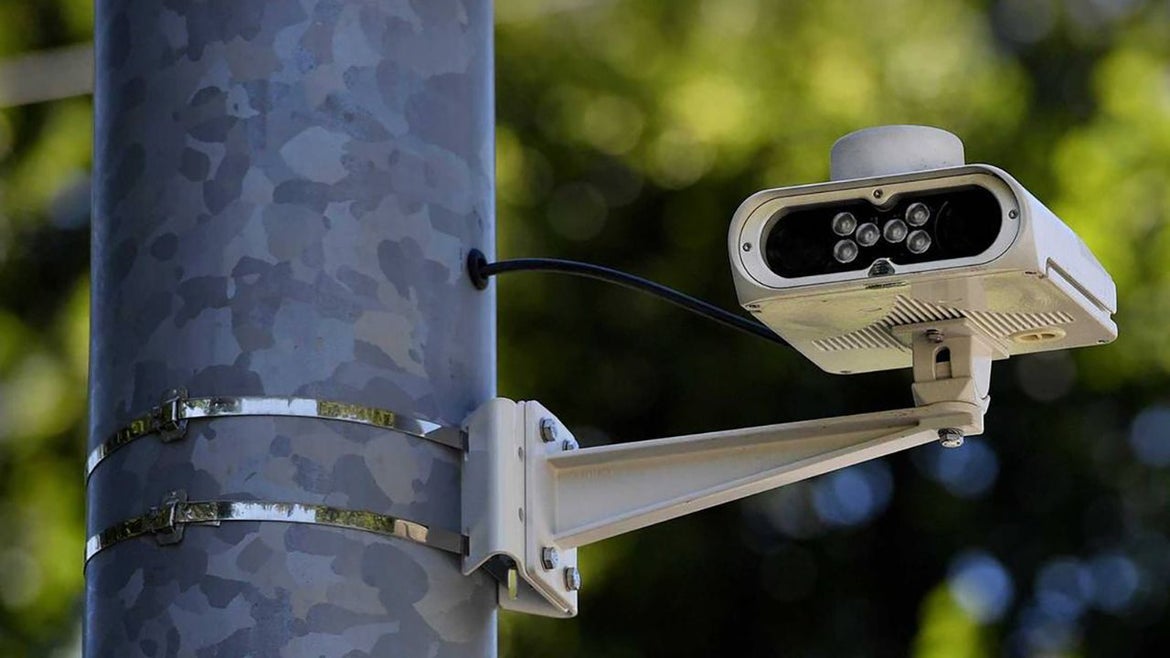The Electronic Frontier Foundation has joined forces with Northern and Southern California ACLU’s to demand that law enforcement agencies stop sharing automated license plate reader (ALPR) data with agencies in other states, according to a press release.
Civil liberties groups are fighting against 71 California police agencies that have shared license plate data with police agencies in anti-abortion states. The Sacramento sheriff opposed the report.
The Electronic Frontier Foundation (EFF) has joined forces with the Northern and Southern California ACLU’s to demand that law enforcement agencies stop sharing automated license plate reader (ALPR) data with agencies in other states, according to a press release from the EFF.
EFF and its partners claim that not only does the data-sharing practice violate privacy rights but it also violates California Civil Code (SB 34), which prevents the sharing of ALPR data with out-of-state or federal law enforcement.
When the joint report was first released, it had 70 agencies included, but after Sacramento’s sheriff voiced his opposition to their report, the Sacramento Sheriff’s Department was added to the list.
Sacramento Sheriff Jim Cooper said on Twitter in May that “The ACLU and EFF continue to lie to the public, valuing criminals’ rights over victims. LPR data is used to track down murderers, kidnappers, pimps, gun runners, and drug dealers.”
Before becoming a sheriff, Cooper was on the state assembly and voted for SB 34, the law the EFF and the ACLU argue the police agencies are violating.
With the recent news that his department has now been added to the list, he again took to Twitter to justify the ALPR data sharing with other law enforcement agencies.
“I voted for SB 34, which requires individuals to be notified only if ALPR data is breached and prohibits the sale of ALPR data (which we have never done). The bill and amendments to California Civil Code Section 1798.90.55(b) still allows us to share information with other law enforcement agencies on criminal matters.” Cooper tweeted. “The bill and this law has absolutely nothing to do with reproductive rights.”
“ALPRs invade people’s privacy and violate the rights of entire communities, as they often are deployed in poor and historically overpoliced areas regardless of crime rates,” said EFF senior staff attorney Adam Schwartz. “Sharing ALPR data with law enforcement in states that criminalize abortion undermines California’s extensive efforts to protect reproductive health privacy.”
ALPRs are cameras that can be placed in intersections, on police cars, and other stationary locations. These cameras can capture license plate numbers and upload potentially sensitive information such as times, dates, and locations where the plates were seen. This information can then be uploaded to searchable databases that can be used by other officials, according to EFF.
The civil liberties groups first reported in May that they found that several California police departments have been sharing detailed driving profiles with other agencies, which include agencies in states that have abortion restrictions.
“Law enforcement officers in anti-abortion jurisdictions who receive the locations of drivers collected by California-based ALPRs may seek to use that information to monitor abortion clinics and the vehicles seen around them and closely track the movements of abortion seekers and providers,” the letter sent to the various agencies read.
The ACLU of Northern California declined Inside Edition Digital's request for comment.






